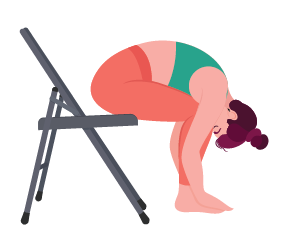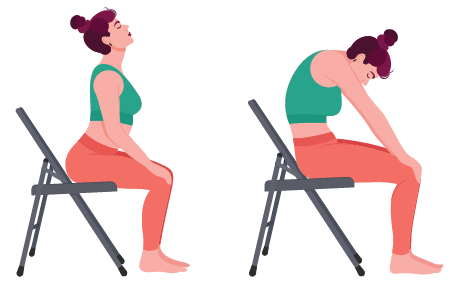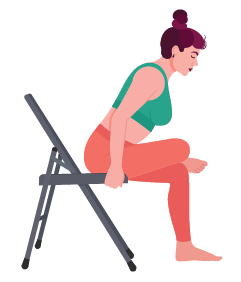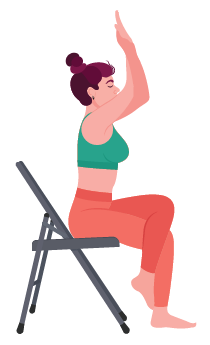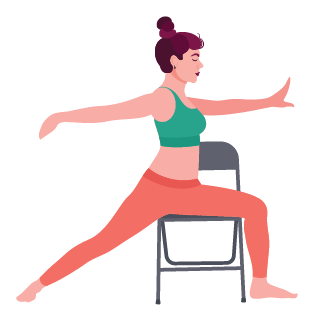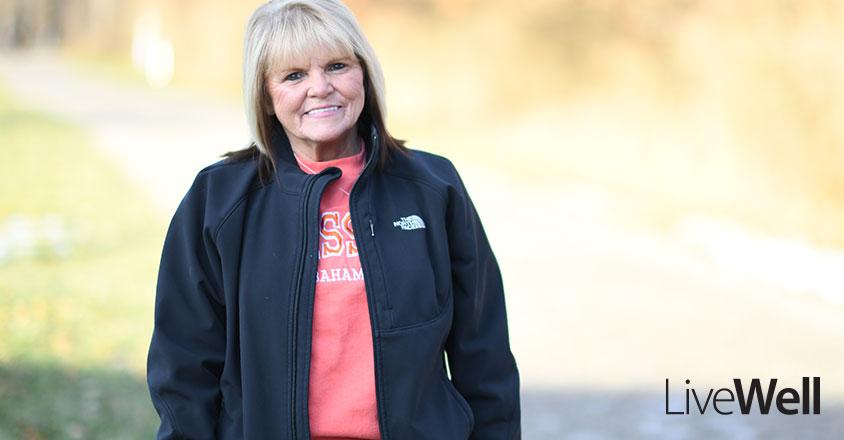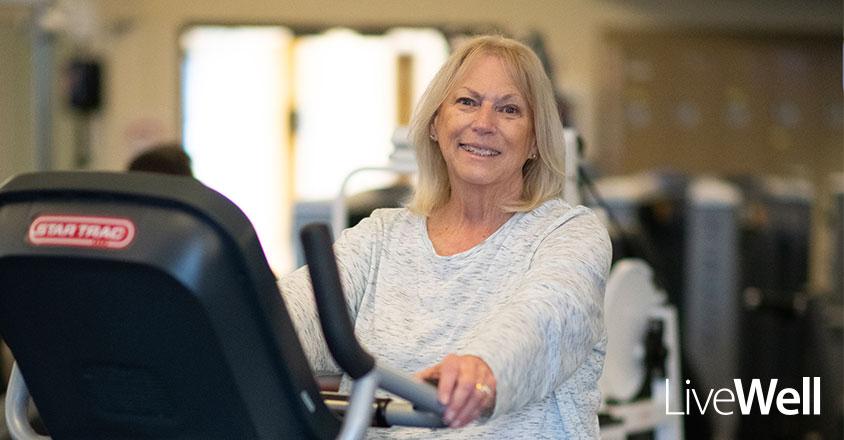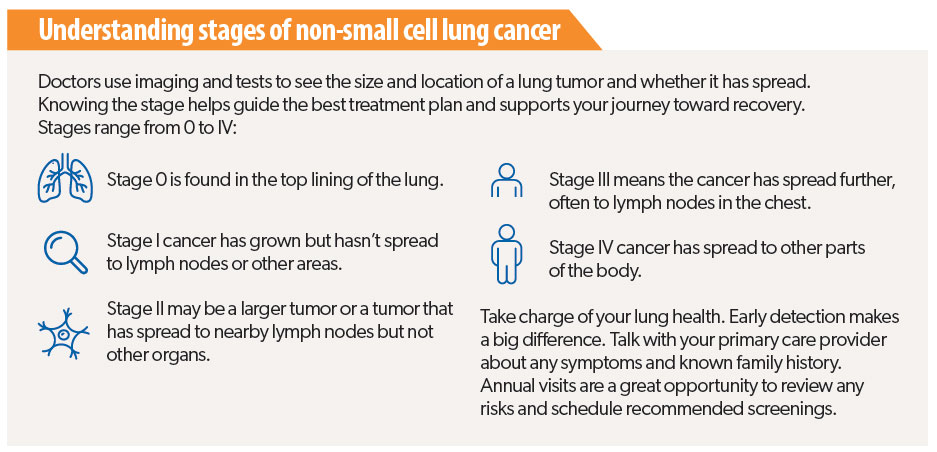Catch lung cancer early.
Because you matter.
In every great story, there’s a moment when the hero takes control. For many people in our community, that moment starts with a simple, fast, low-dose CT scan. If you’ve spent years putting others first, working hard and caring for family, this screening is your chance to put your health back at the center, which is vital because early detection saves lives.
A low-dose CT scan can find lung cancer long before symptoms appear, when it’s most treatable. And if you meet the guidelines, this screening is designed specifically for you. You may qualify if you:
- Have a 20-pack-year or more history of smoking. That means smoking one pack a day for 20 years or two packs a day for 10 years.
- Smoke now or quit within the past 15 years.
- Are between 50 and 80 years old.
- Have no signs or symptoms of lung cancer.
If that sounds like you, then you’re eligible and the hero of this story. By choosing to get screened, you’re taking a powerful step to protect your future and stay present for the people who count on you.
The scan itself is simple. Here are the basics:
20% Better chance of | Painless. | Only takes |
No medication. | No needles. | 5% Of eligible |
Your life and your goals matter. A low-dose CT scan is one small action that can make a life-changing difference.
Take the step and be the hero of your health by talking to your doctor today.
It only takes a minute to take charge of your lung health. Visit genesishcs.org/screenings.
Ready to get healthy?
Sign up for our digital newsletters to receive health tips, recipes, success stories for inspiration and information about new doctors to help you on your journey to better health.
Genesis HealthCare System’s Health and Wellness content conveniently provides accurate and helpful information. Your health history and current health may impact suggestions provided through our Health and Wellness content. Although we hope this information is helpful, it is not a substitute for your doctor's medical advice. Before making any significant changes, please consult your doctor.
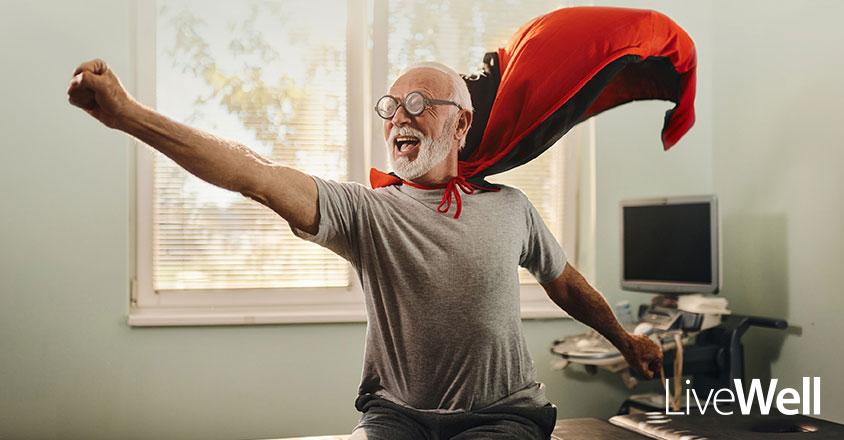
A low-dose CT scan can find lung cancer long before symptoms appear, when it’s most treatable.



